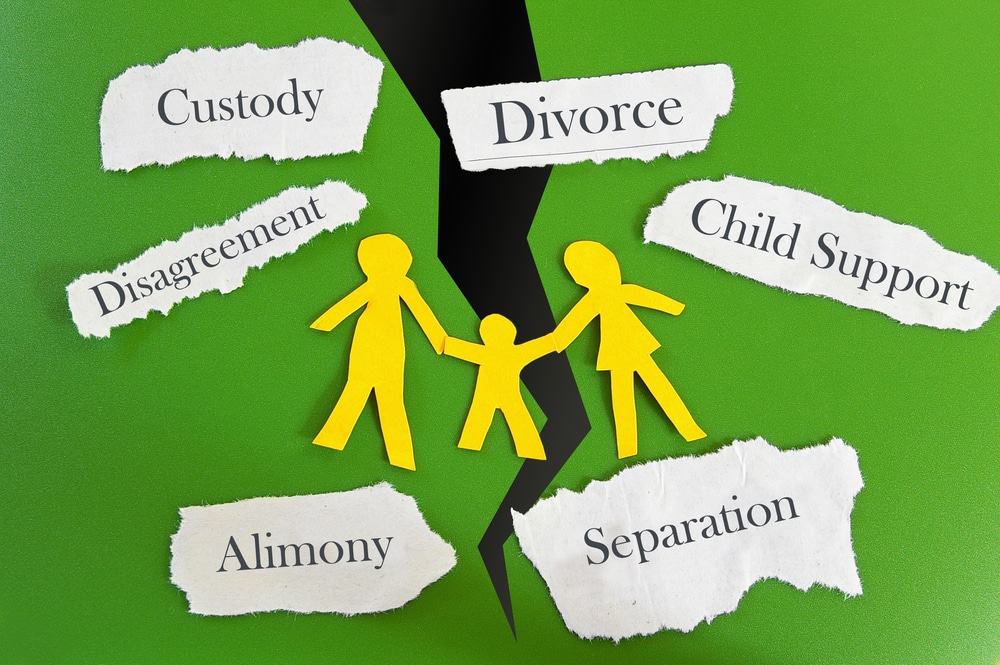Divorce is a challenging and emotionally charged process, especially when children are involved. Family law plays a crucial role in resolving issues related to divorce, child custody, and support. In this blog post, we’ll explore how family law helps families navigate these difficult transitions and provides a framework for making decisions in the best interests of the children.
1. Understanding Family Law
Family law encompasses legal matters that affect family relationships, such as divorce, child custody, spousal support, and child support. Its primary goal is to ensure the fair and equitable resolution of family-related disputes.
2. The Divorce Process
The decision to divorce is often the result of careful consideration and emotional strain. Family law provides a structured process for ending a marriage, involving steps such as:
- Filing a divorce petition.
- Serving divorce papers to the other spouse.
- Property division, including assets and debts.
- Determining spousal support, if applicable.
3. Child Custody Matters
Child custody can be one of the most contentious aspects of divorce. Family law focuses on the best interests of the child when determining custody arrangements. Common types of custody include:
- Physical Custody: Determining where the child will live.
- Legal Custody: Deciding who will make important decisions about the child’s upbringing, such as education and healthcare.
- Joint Custody: Often preferred when both parents can cooperate and work together in the child’s best interests.
4. Child Support and Alimony
Family law sets guidelines for child support and spousal support, also known as alimony. These financial arrangements are designed to ensure that the children’s needs are met and that the spouse with less financial resources is not left in a disadvantaged position.
5. Mediation and Alternative Dispute Resolution
Family law promotes alternative dispute resolution methods, such as mediation and collaborative divorce, to resolve issues amicably. These processes can be less adversarial and emotionally draining than traditional litigation.
6. Protection Orders
Family law also includes provisions for protection orders, which are legal measures to safeguard individuals from domestic violence or harassment. These orders can be crucial in ensuring the safety of family members during and after divorce proceedings.
7. Legal Representation
Navigating family law matters, especially during a divorce, can be complex. Many individuals seek legal representation from family law attorneys who specialize in these cases. An attorney can provide guidance, ensure your rights are protected, and work to reach fair and reasonable resolutions.
8. The Best Interests of the Child
Throughout all family law proceedings involving children, the court’s primary focus is on the best interests of the child. This means considering factors like the child’s age, preferences, stability, and emotional well-being when making decisions about custody and support.
Conclusion
Family law plays a vital role in helping families navigate the difficult and emotionally charged process of divorce and child custody. By providing a structured framework, legal guidance, and a commitment to the best interests of the child, family law seeks to minimize the emotional toll on families while ensuring that equitable and fair resolutions are reached. While divorce can be a challenging experience, family law strives to provide a path toward a more stable and positive future for all involved.

